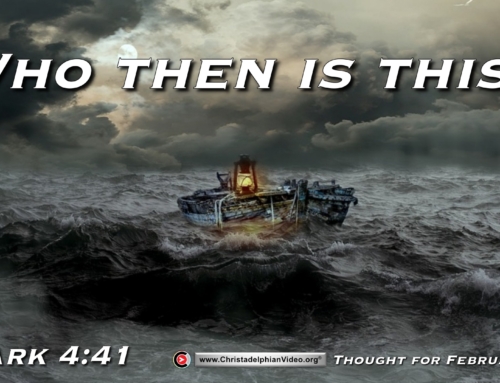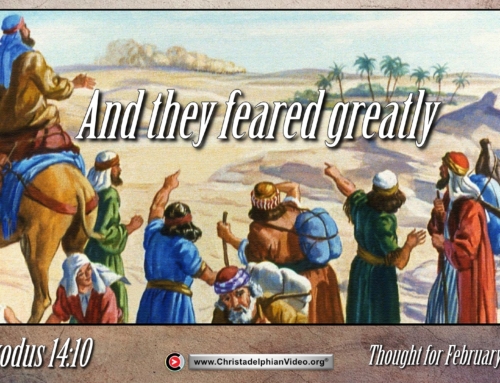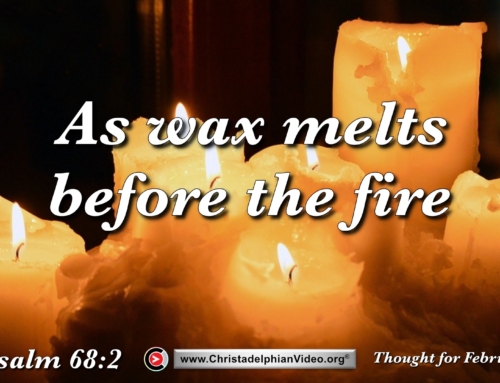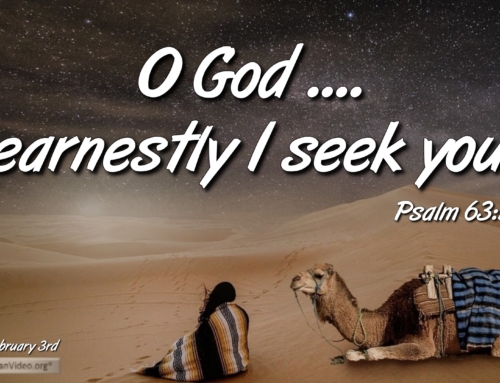Today’s readings.. (2 Chronicles 29), (Daniel 9), (Acts 9)
At the end of yesterday’s chapter 28 in 2 Chronicles we read of the death of Ahaz, he had been such a godless king, probably the worst to reign in Jerusalem so that they did not put his body into the tombs of the kings. His 16 year reign had been an utter disaster. The point is made, “in the time of his stress he became yet more faithless to the LORD” [v.22] How tragic after his father Jotham had been such a good king.
Today we read how his son Hezekiah made immediate changes, “in the first year of his reign in the first month …” [v.3]! We ponder the causes of his motivation.
The chapter began by telling us that “His mother’s name was Abijah” The parallel passage in 2 Kings 18 v.2 simply names her as “Abi.” What an influence she must have been on him. Solomon reminisced in his proverbs, “When I was a son with my father, tender, the only one in the sight of my mother” (Prov. 4 v.3) How many Abi’s of the same calibre are there today?
We also learn that Hezekiah was 25 years old when he began to reign which means that up to the age of 11 he had the example and probable influence of his grandfather the good King Jotham to lay the foundation for his mother to build upon in his later years. More lessons for us: grandfathers’ take note.
Hezekiah says, “Now it is in my heart to make a covenant with the LORD …” [v.10] That’s an interesting way of putting it, can we openly say of anything, ‘Now it is in my heart to …’ commit myself to do or accomplish some particular thing?
Our thoughts yesterday highlighted the nature of a “covenant” in New Testament times. Jesus, as he handed the cup to the 12 disciples said, ”This is my blood of the covenant, which is poured out for many”. [Mark 14 v.24] We accept that cup and agree to that covenant when we are baptised.
As priests in training for God’s kingdom, we are called to be “ministers of a new covenant” [2 Cor. 3 v.6] to be centred on Jerusalem. Paul makes a thought challenging point when he told the Galatians, (4 v.26) “the Jerusalem above is free, and she is our mother”
The Temple at Jerusalem, and the saints ministering from there will be “mothers” in training the world of that age in the ways of righteousness. But first the priests have to be trained themselves! How is our training progressing? .







Leave a Reply